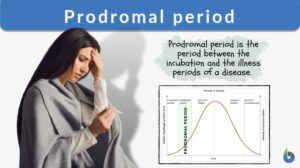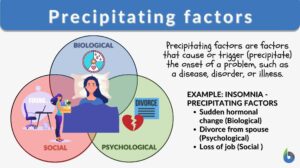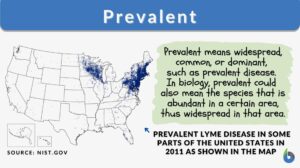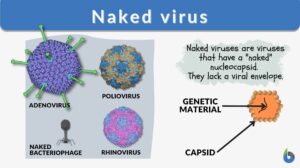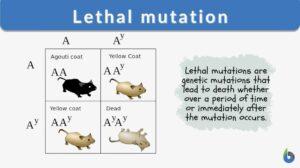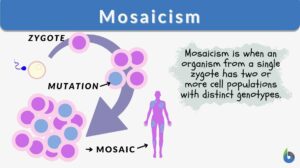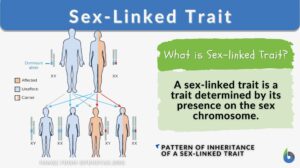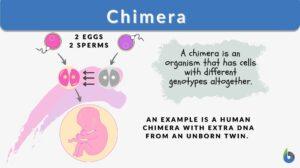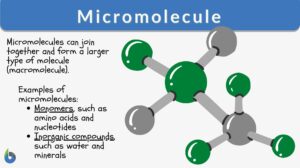Search Results for: illness
Illness period
Definition noun The period during which the clinical symptoms of the disease manifests Supplement The illness period is the... Read More
Acute febrile illness
Definition From the Latin word febris, meaning fever, an acute febrile illness is a type of illness characterized by a... Read More
Prodromal period
There are five stages (or phases) of a disease. (Hattis, 2020). These stages are (1) Incubation period, (2) Prodromal... Read More
Precipitating factors
Precipitating Factor Definition Precipitating factors are factors that initiate or promote the onset of any illness,... Read More
The Psychobiology of Hysteria
Editorial Hysteria is often regarded as the archetypal psychodynamic illness. Freud carried out much of his early work on... Read More
Naked virus
Viruses are infectious entities with size ranges between 20 to 400 nanometers. The mammoth-sized virus would be about the... Read More
Lethal mutation
Lethal Mutation Definition Genetic mutations come from changes in the DNA structure or sequencing in an organism. Often... Read More
Complication
Complication a term used to describe additional medical problems that develop following a procedure, treatment or illness.... Read More
Heatstroke
Definition noun A severe (sometimes fatal) illness caused by an overexposure to an excessive heat, which disturbs the... Read More
Sex-linked trait
Definition of Sex-Linked Traits A sex-linked trait is an observable characteristic of an organism that is influenced by the... Read More
Parasitism
Organisms depend on different sources of food to survive. Larger organisms like plants make their own food (autotrophs) and... Read More
Infestation
Definition noun, plural: infestations (ecology) The state of having a large number of pest organisms thriving in a... Read More
Phosphorylation
Phosphorylation Definition We can define phosphorylation as a biochemical process in which a phosphate molecule is added to... Read More
Accessory organs
Accessory organs --> supernumerary organs organs exceeding the normal number, which may develop from multiple foci of... Read More
Family traits
When one thinks of family, they often think of persons who are blood-related to each other as parents to their children and... Read More
Complete dominance
Complete Dominance Definition Genetics is the study of how traits are inherited by organisms and in what ways these... Read More
Kwashiorkor
''' kwashiorkor A nutritional deficiency illness in children who are not getting enough protein. This results in anaemia,... Read More
Polygenic trait
Polygenic Trait Definition Polygenic trait refers to a trait that is controlled by multiple non-allelic genes. These genes... Read More
Micromolecule
Micromolecules Definition How to define micromolecule? Micromolecules are relatively small molecules that are combined... Read More
Actions of Caffeine in the Brain with Special Reference to Factors That Contribute to Its Widespread Use
IV. Actions of Caffeine on Brain Functions and Behavior Having discussed the molecular and neuronal actions of caffeine,... Read More
Convalescent period
Definition noun The period at which the symptoms begin to fade until the time the patient recovers from the... Read More
Serous exudate
Definition noun A type of exudate that forms as a clear, thin, watery fluid with relatively low protein content, usually... Read More
Fordyce spots
Definition noun Sebaceous glands that appear as raised bumps on the vermilion border of the lips, on the scrotum, shaft of... Read More
Yellow fever virus
Definition noun, plural: yellow fever viruses A Flavivirus species containing positive-sense, single-stranded RNA with about... Read More
Cell adhesion
Cell Adhesion Definition Cell adhesion is the process in which a cell uses a specialized complex of proteins to get... Read More
Clinical medicine
Definition noun (medicine) The study and practice of medicine that is founded on the direct observation of... Read More
Prodromal stage
Definition noun The stage in which the early signs and symptoms of a disease appear but not yet clinically specific nor... Read More
Crown of head
Crown of Head Definition The crown of the head is the upper dorsal part (or area) of the head. Several creatures have... Read More
Adverse effects
Adverse effect this is an abnormal or harmful effect to an organism caused by exposure to a chemical. It is indicated by... Read More
Scared to Death
Scared to Death: Self-Willed Death, or the Bone-Pointing Syndrome by Patrick D Hahn Accepted on: September 4,... Read More

